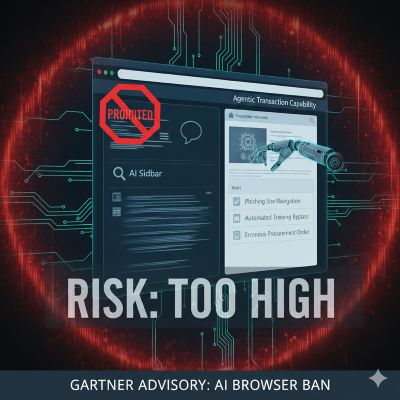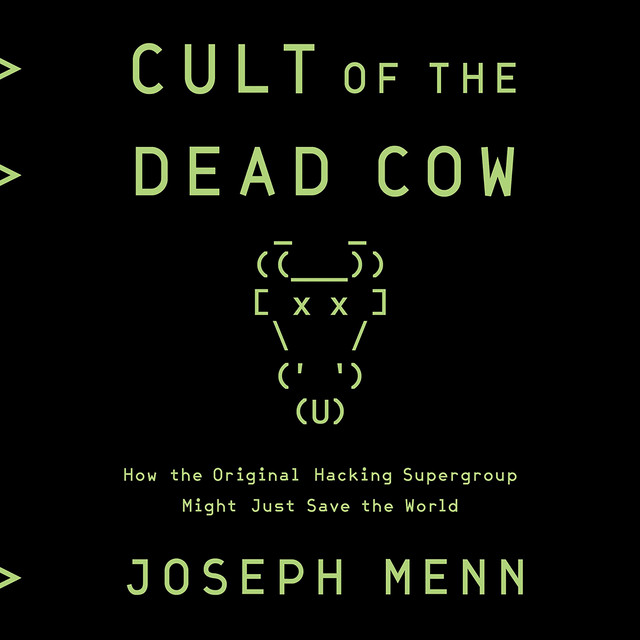hacktivism
-
What’s New in Cybersecurity This Week: Projects, Videos, Articles & Podcasts I’m Following – 12/8/25
Welcome to my weekly cybersecurity roundup! Here, I share updates on the projects I’m currently working on, along with the most insightful cybersecurity videos I watched, articles I found valuable, and podcasts I tuned into this week. Featured Analysis Featured article analysis: Block all AI browsers for the foreseeable future: Gartner Based on the advisory
-
What’s New in Cybersecurity This Week: Projects, Videos, Articles & Podcasts I’m Following – 10/27/25
Welcome to my weekly cybersecurity roundup! Here, I share updates on the projects I’m currently working on, along with the most insightful cybersecurity videos I watched, articles I found valuable, and podcasts I tuned into this week. Featured Analysis Featured article analysis: You have one week to opt out or become fodder for LinkedIn AI
-
What’s New in Cybersecurity This Week: Projects, Videos, Articles & Podcasts I’m Following – 9/15/25
Welcome to my weekly cybersecurity roundup! Here, I share updates on the projects I’m currently working on, along with the most insightful cybersecurity videos I watched, articles I found valuable, and podcasts I tuned into this week. Featured Analysis Featured article analysis: Former FinWise employee may have accessed nearly 700K customer records The data breach at
-
Book Review: “Cult of the Dead Cow” – Inside the World of the Original Hacking Supergroup
The Book in 3 Sentences The book explores the history and influence of the legendary hacking collective known as cDc, which pioneered hacktivism and shaped modern cybersecurity. The book delves into the group’s groundbreaking contributions, such as exposing software vulnerabilities, promoting ethical hacking, and influencing figures like Beto O’Rourke. Menn also highlights the evolving cyber




